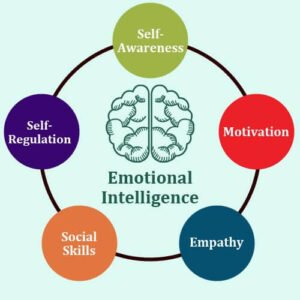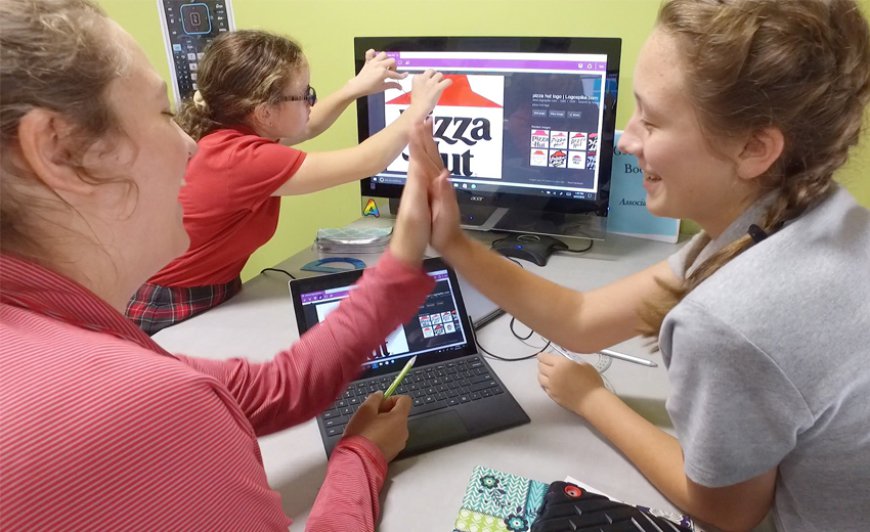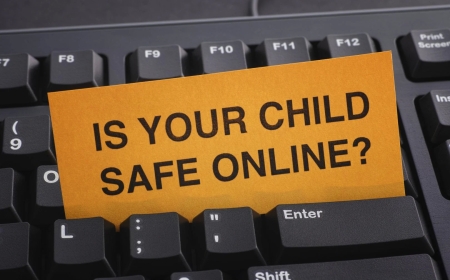Education is a holistic journey that extends beyond academic achievements. In addition to acquiring knowledge, students must develop essential social and emotional skills that are vital for their personal and professional success. Emotional intelligence plays a pivotal role in shaping well-rounded individuals who can navigate relationships, manage their emotions effectively, and thrive in diverse social environments. This article delves into the significance of emotional intelligence in education, exploring its core components and the transformative impact it can have on nurturing social and emotional skills among students.

1. Understanding Emotional Intelligence
Emotional intelligence encompasses a range of skills that enable individuals to recognize, understand, and manage their own emotions, as well as empathize with the emotions of others. It involves self-awareness, self-regulation, empathy, and effective interpersonal communication. By integrating emotional intelligence into education, we empower students to develop a deeper understanding of their emotions and those of their peers.
2. Cultivating Self-Awareness and Self-Regulation
Education fosters self-awareness by encouraging students to reflect on their emotions, thoughts, and behaviors. By gaining insight into their strengths, weaknesses, and emotional triggers, students can better manage their reactions in various situations. Through self-regulation techniques such as deep breathing, mindfulness, and positive self-talk, students learn to control and channel their emotions in constructive ways, promoting emotional well-being.
3. Nurturing Empathy and Relationship Skills
Empathy forms the foundation of emotional intelligence. Education that prioritizes cultivates empathy by encouraging students to understand and share the feelings of others. By developing strong relationship skills, students learn to communicate effectively, resolve conflicts amicably, and build meaningful connections. These skills are crucial for fostering harmonious relationships, collaboration, and empathetic leadership.
4. Enhancing Emotional Literacy and Expression
Emotional intelligence education enhances emotional literacy, equipping students with the vocabulary and tools to identify and express their emotions accurately. Students learn to recognize and label their feelings, increasing their awareness. Furthermore, they develop the ability to express their emotions constructively, fostering open and honest communication. Through activities like journaling, role-playing, and art therapy, students deepen their understanding of their emotions and build resilience in the face of challenges.
Read more:
Integrating Entrepreneurship Education: Cultivating an Innovative Mindset
5. Fostering an Emotionally Supportive Classroom Environment
Integrating emotional intelligence in education requires creating a supportive and inclusive classroom environment. Educators play a crucial role in modeling empathy, active listening, and emotional regulation. By encouraging self-reflection, incorporating mindfulness exercises, and promoting collaborative projects, educators create spaces that prioritize emotional intelligence development. These environments foster emotional growth, mutual respect, and a sense of belonging among students.
6. Preparing Students for Personal and Professional Success
Emotional intelligence education equips students with vital life skills that contribute to their personal and professional success. Students with strong emotional intelligence are better equipped to manage stress, navigate setbacks, and adapt to change. They possess resilience, empathy, and effective interpersonal skills, which enhance their overall well-being and enable success in various domains of life.
Conclusion
Recognizing the importance of emotional intelligence in education is crucial for nurturing the social skills of students. By fostering self-awareness, self-regulation, empathy, and relationship skills, education prepares students for personal and professional success. Let us embrace the transformative power of education, creating environments that prioritize the holistic development of students and empower them to thrive emotionally, academically, and socially.
Follows Us for More Updates
Like Us on Facebook Page :
Click Here
Like Us on Instagram :
Click Here 






























